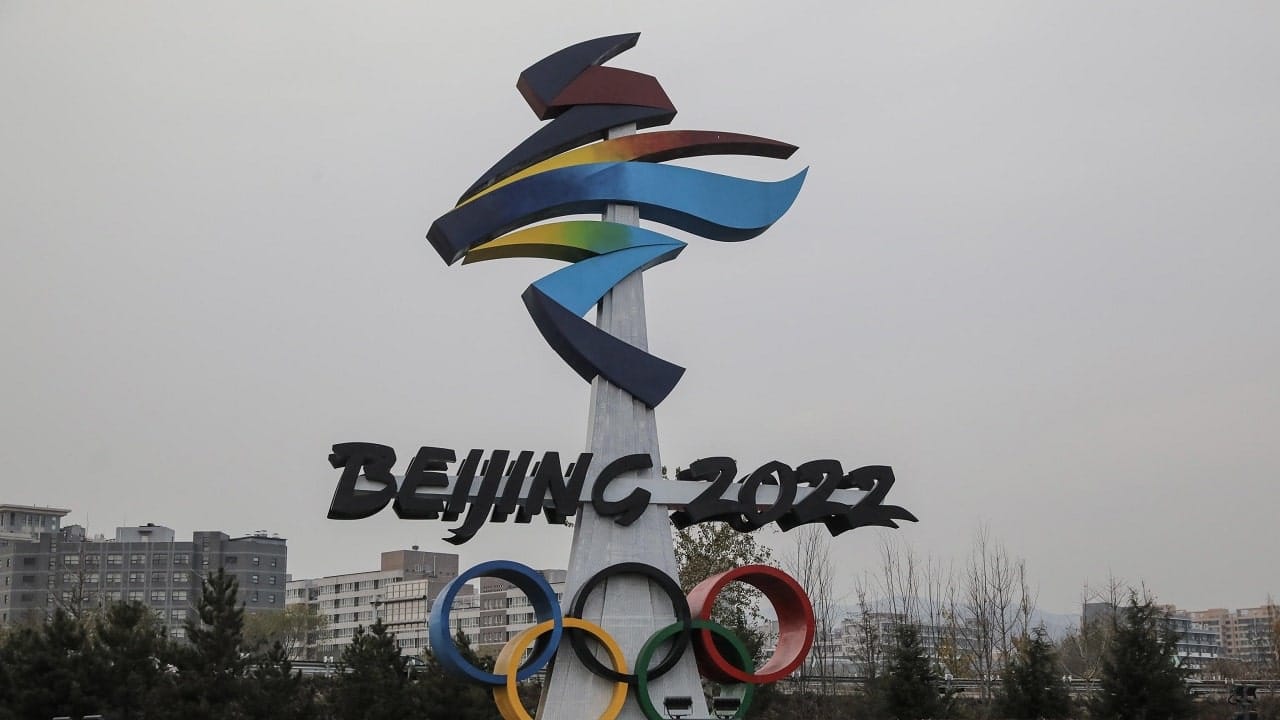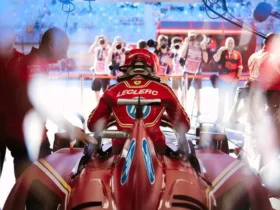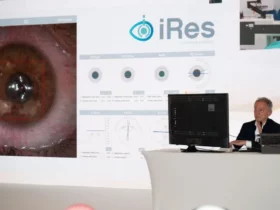The Beijing 2022 Olympics are almost upon us. In fact, from 4 to 20 February the Chinese capital will host the XXIV Winter Games in history, in a whirlwind of emotions, anniversaries and traditions, given that the city has already hosted the Summer Games in 2008.
An absolute first in terms of olympism, which also brings with it some questions, including the most recurring: but after hosting the Summer Olympics, how can you organize the Winter Olympics in a location 44 meters above sea level? Here’s how technology will impact the Asian megalopolis and its surroundings to host this exhibition where, unfortunately, the pandemic is still very strong.
The impact of technology on the Beijing 2022 Olympics: alpine skiing and gut sports are the most interested
Mount Xiaohaituo (Yanqing, 1200m asl) will be the area identified to host the most anticipated races: that of alpine skiing, where Italy hopes to obtain heavy medals. How to make snow on a not very high peak? Relying on the “Made in Italy” technology of the TechnoAlpin group, based in Bolzano: one of the planetary leaders in artificial snow, moreover with great experience in Cinque Cerchi, since it has helped the various organizing committees in six of the last eight editions of the Games Winter.
But that’s not all because always in the Yanqing county area there will be a facility for “gut sports”: bobsleigh, skeleton and sledding. A 1.9 km long track for competitions known as the “Formula 1 of the ice”: 16 challenging and at the same time emblematic curves, reminiscent of the features of a Chinese dragon. A windy area where the aerodynamics of all the tools that athletes will use in the race will count a lot: from sleds to helmets, through suits and weight distribution.
In this regard, as reported by ANSA, Zhang Yuanzhao – a member of the wind tunnel laboratory of Beijing Jiaotong University – announced that in mid-July more than 10 national teams that will participate in the Winter Olympics completed the tests in the tunnel of the wind and data analysis at the laboratory. In addition to the Western powers, famously and traditionally very strong in these disciplines, Austria and Germany above all, there is great curiosity to understand how the Chinese team will present itself which, qualified by right in all disciplines, as organizing country has worked a lot on bobsleigh, skeleton and luge both in the wind tunnel and with an innovative virtual reality system, in order to accustom their athletes to the tracks they will have to face in several heats to try to grasp important results, which would be a great surprise.
Technology and the Beijing 2022 Olympics: the bubble
If for many the containment measures at the Tokyo Games, applied just under five months ago by Japan, had been quite restrictive, this is nothing compared to what the local Chinese authorities are doing.
A few days ago the sale of tickets to attend the competitions, which at first was intended only for local fans, was stopped and at the Olympic sites, as shown in a video from “La Repubblica”, imposing fences were built to avoid that athletes can come into contact with ordinary people in any way.
In China we do not want to have, as repeatedly expressed in recent months, even with very rigid lockdowns, not even a case of positivity during the Games and that is why the access procedures for the 30,000 guests who will arrive during the three weeks for the event, among athletes, technicians and journalists, will be very very strict: from vaccinations to daily swabs to the QR code identifying the green pass.
In this regard, in all the “mess halls” of the various Olympic structures, lunch will be handled only by robots: order, preparation and delivery, in single-seater environments “wrapped” in plexiglass and well spaced from each other.
The social issue in China
Comparing the 2008 Games with that of this 2022 would be a huge mistake. In almost 14 years the use and the instant possibility of using social networks has grown so much that even the “rules of engagement” have inevitably changed.
As the Post writes, the Beijing government promised participants in the demonstration access to partially free internet in the Olympic areas and the temporary removal of the Great Firewall, the “wall” that usually screens access to platforms such as Facebook and YouTube. .
But be careful, because on the other hand, some delegations – including the US, the Canadian, the British and the Dutch – they invited their athletes not to use their smartphones in China, but to use temporary devices for the time of the trip, to avoid tracking of any kind, perhaps moving with VPNs for browsing, messaging and uploading posts.
How will this develop? At the moment CONI, for its part, has not given any advice or imposed any type of restriction on athletes, even if the “social” topic is of great interest.
In conclusion, when there are just under two weeks left to the Opening Ceremony of the event, it can be said that on Beijing Olympics are gathering various perplexities, but be careful because, as happened for the Tokyo Games, these “clouds” could then turn into a springboard to convert fears into pleasant moments.















Leave a Reply
View Comments